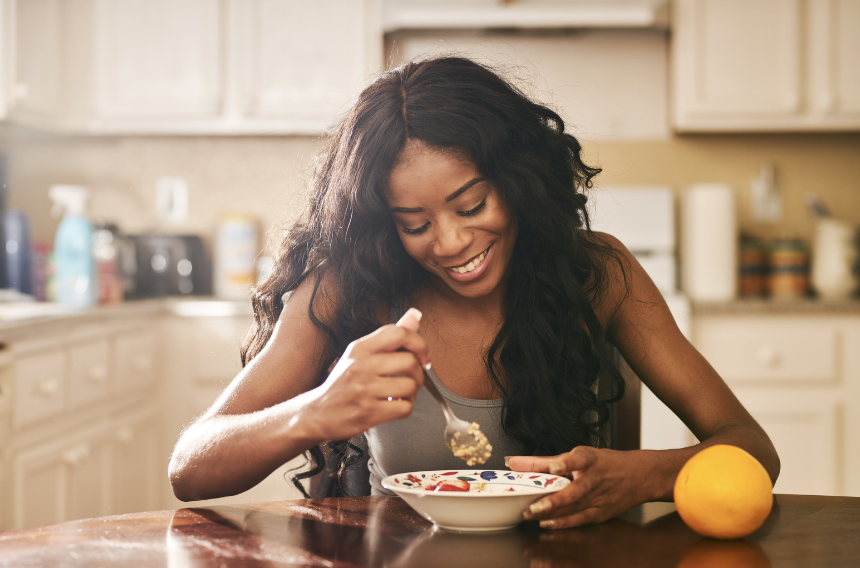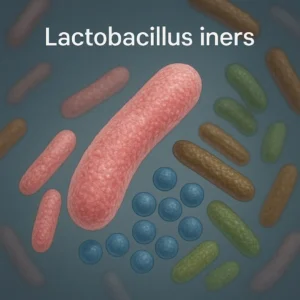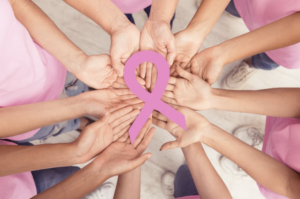Do you wonder why you get particular cravings some days and not others? Or why something sweet and chocolately is sometimes just irresistable? Well, despite many of us knowing that our hormones change dramatically over the course of our period cycle — we are yet to make the connection and tailor our diet and lifestyle to meet this!
ScreenMe are here to solve this gap in knowledge — so keep reading if you want to become more in control of your own body and manage your period symptoms. This is all about responding to your hormonal changes and listening to what your body needs — for more information check out the rest of our blog!
Of course, everyone’s hormones and bodies vary, so certain foods will work better or worse inside each individual. If you want a more in-depth look at your hormonal, nutritional and general health, try one of our kits available through our site.
Menstruation
When — (Days 1 — 7). The egg from your previous cycle is not fertilised, so your uterus sheds its thickened lining, resulting in your period, which last 3-7 days on average.
What is happening with my hormones? — oestrogen & progesterone are at their lowest
What should I eat?
1. Foods to boost Magnesium & Iron
- Bananas, dark chocolate, dark leafy greens, seaweed, red meat
- To help with blood loss
2. Antioxidants
- Blueberries, beetroot, watermelon
- To help with inflammation
3. Soothing teas
- Chamomile & peppermint teas
- These will help with cramps
4. Limit salty foods
- These often make cramps worse
5. Foods that contain vitamin C
- Oranges, peppers, strawberries
- Help with iron absorption
Follicular Phase
When — (Days 7 — 14). Starts on the first day of you period, so often overlaps with the Menstruation phase. This means it is often longer than 7 days long. This is when an egg is matured in a follicle in your ovary.
What is happening with my hormones? — FSH begins to rise. This triggers oestrogen to rise. Testosterone levels begin to rise. Progesterone remains low.
What should I eat?
1. Whole foods & slow-release carbohydrates
- Wholegrain rice, pasta
2. Balanced/ nutrient dense meals
- Broccoli, carrots, eggs, nuts are all great examples
- Now is more important than ever to make sure you have fats, proteins & carbohydrates in every meal. See our Eat Well plate within our Member’s hub for advice on how to do this.
3. Regular meals
- To keep blood sugar constant
Ovulation Phase
When — (Days 14 — 21). A mature egg is released from an ovary and moves along a fallopian tube towards your uterus.
What is happening with my hormones? — Oestrogen is at its highest. This causes LH to be produced. Testosterone is also highest here.
What should I eat?
1. Liver friendly foods
- Blueberries, cruciferous vegetables such as broccoli & cauliflower
- This makes it easier to metabolise & get rid of the hormones from the Follicular stage
2. Digestion friendly foods
- Yogurt, sauerkraut, kimchi
- Many women have digestive issues in the Ovulation phase, so eat foods to help with this.
3. : Foods with folate (if trying to conceive)
- Dark leafy greens, cereals fortified with folate, beans, whole grains, peanuts
- This is the time of the month that you are most fertile, so upping your intake of foods that promote fertility is a great idea if you are trying to get pregnant.
Luteal Phase
When — (Days 22- 28). Uterus lining thickens in anticipation of the mature egg.
What is happening with my hormones? — Progesterone levels increase to their highest. If there is no fertilised egg present, this then drops at the end of the phase. Oestrogen is falling.
What should I eat?
1. Higher protein intake & healthy fats
- Salmon, avocado, nuts & seeds
- To help fuel your body
2. Avoid alcohol & caffeine
- To give your body the best shot at preparing for your next period
3. Magnesium rich foods
- Dark chocolate, bananas, dark leafy greens, nuts, seeds
- Fights fatigue & low sex drive
4. Complex carbohydrates
- Brown rice, bread
- This is when your body is usually craving sugar — so complex carbs will help to curb this!
5. Avoid added sugars
- These will add to PMS symptoms
We hope this has given you a small insight into how by bettering understanding your body and the changing hormones within it, you are able to adjust your lifestyle accordingly & feel at your best!
If you want more information on how to biohack your way in to the future, or want to know more about your own individual body, click here to view our packages — including a nutrient & wellness test!
Fariba Khonsari








